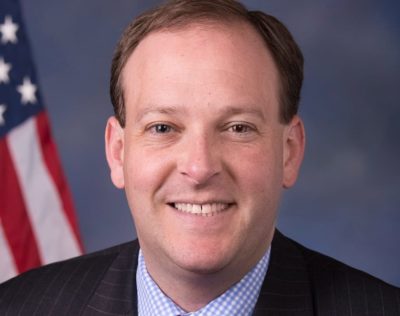President-elect Donald Trump has named former New York Congressman Lee Zeldin as the next head of the Environmental Protection Agency (EPA). Zeldin, known for his conservative stance and strong alignment with Trump’s policies, is expected to shape an era of deregulation, with the intent of fostering business growth while maintaining environmental standards.
In a public statement, Trump expressed his confidence in Zeldin, saying he would “ensure fair and swift deregulatory decisions.” Trump emphasized that Zeldin’s leadership would “unleash the power of American businesses” while aiming to uphold high environmental benchmarks, including “the cleanest air and water on the planet.” Zeldin’s nomination reflects Trump’s broader goal of minimizing regulatory obstacles for industries, suggesting a shift in the agency’s approach to environmental oversight.
Zeldin’s Vision: Energy Dominance and Economic Revitalization
Zeldin’s appointment is closely tied to Trump’s energy agenda, which includes restoring U.S. energy dominance and revitalizing sectors like the automotive industry. In a statement shared on X, Zeldin said he was “honored” to join the administration, pledging to make the U.S. a global leader in clean air, water, and artificial intelligence while safeguarding American energy interests. His plan includes driving energy independence, fostering job growth, and positioning the U.S. as a leader in both traditional and advanced industries.
Throughout his political career, Zeldin has been vocal about reducing America’s reliance on foreign energy sources and leveraging domestic resources. As EPA administrator, he will be in a position to shape policies that could impact energy production, including potential rollbacks on environmental regulations that have previously restricted drilling, fracking, and coal production. This could mark a significant pivot from previous EPA leadership, with a clear emphasis on economic growth over restrictive climate measures.
Who is Lee Zeldin? Trump’s Chosen EPA Leader
Lee Zeldin, 44, brings a diverse background to his new role, having served as both a congressman and a U.S. Army veteran before entering the legal profession in New York. Elected in 2014 to represent a Long Island district, Zeldin built a reputation as a staunch conservative voice, notably defending Trump during the first impeachment trial and backing efforts to contest the 2020 election results. In 2022, he ran a competitive campaign for New York governor, solidifying his status as a prominent figure within the Republican Party.
Zeldin’s alignment with Trump’s agenda has been consistent, and his track record indicates he is likely to support deregulatory policies that align with Trump’s pro-business outlook. As EPA administrator, he will hold a powerful position overseeing the nation’s environmental policy, pending Senate confirmation. The Republican-controlled Senate is expected to back Zeldin, providing him with a pathway to implement the administration’s environmental and economic goals.
Implications for Climate Action in the U.S. and Beyond
Domestic climate action may increasingly fall to individual states, with governors like California’s Gavin Newsom expected to champion environmental initiatives at the state level. Analysts suggest this decentralized approach could lead to a patchwork of climate policies across the U.S., as states pursue aggressive climate strategies in contrast to federal rollbacks. Meanwhile, Trump’s influence over agencies like the National Oceanic and Atmospheric Administration (NOAA) could affect climate research and policy guidance, underlining the far-reaching impact of his EPA appointment on U.S. and global climate agendas.
Trump’s choice of Zeldin reflects a potential shift in America’s stance on climate change, including the anticipated withdrawal from the Paris Climate Agreement. Critics of Zeldin’s nomination, such as climate lawyer Zerin Osho, argue this move could create a “leadership vacuum” in global climate efforts, potentially stalling momentum in renewable energy initiatives. However, some climate advocates see an opportunity for the private sector to “trump Trump” by continuing to drive green innovation independently.














